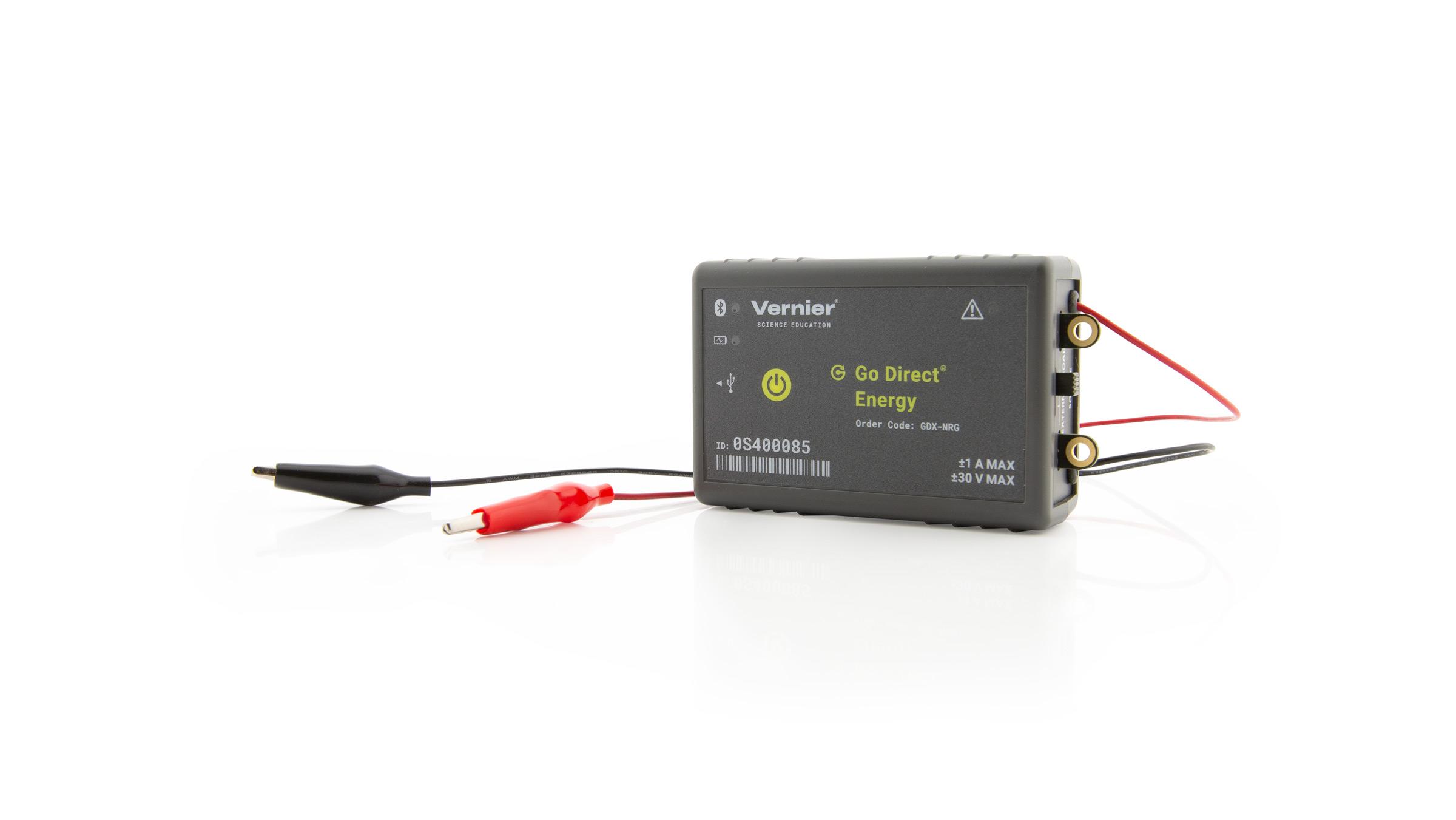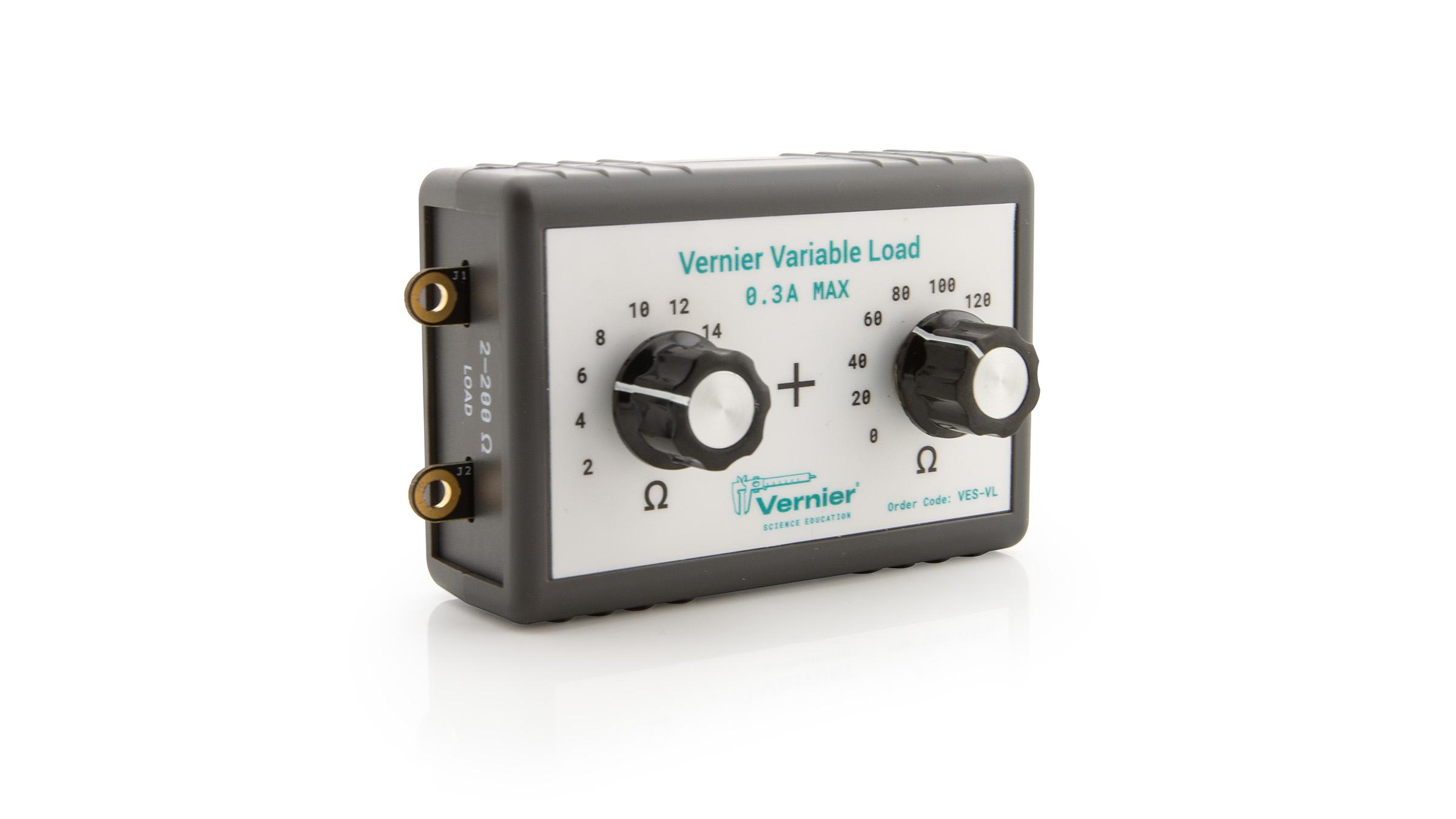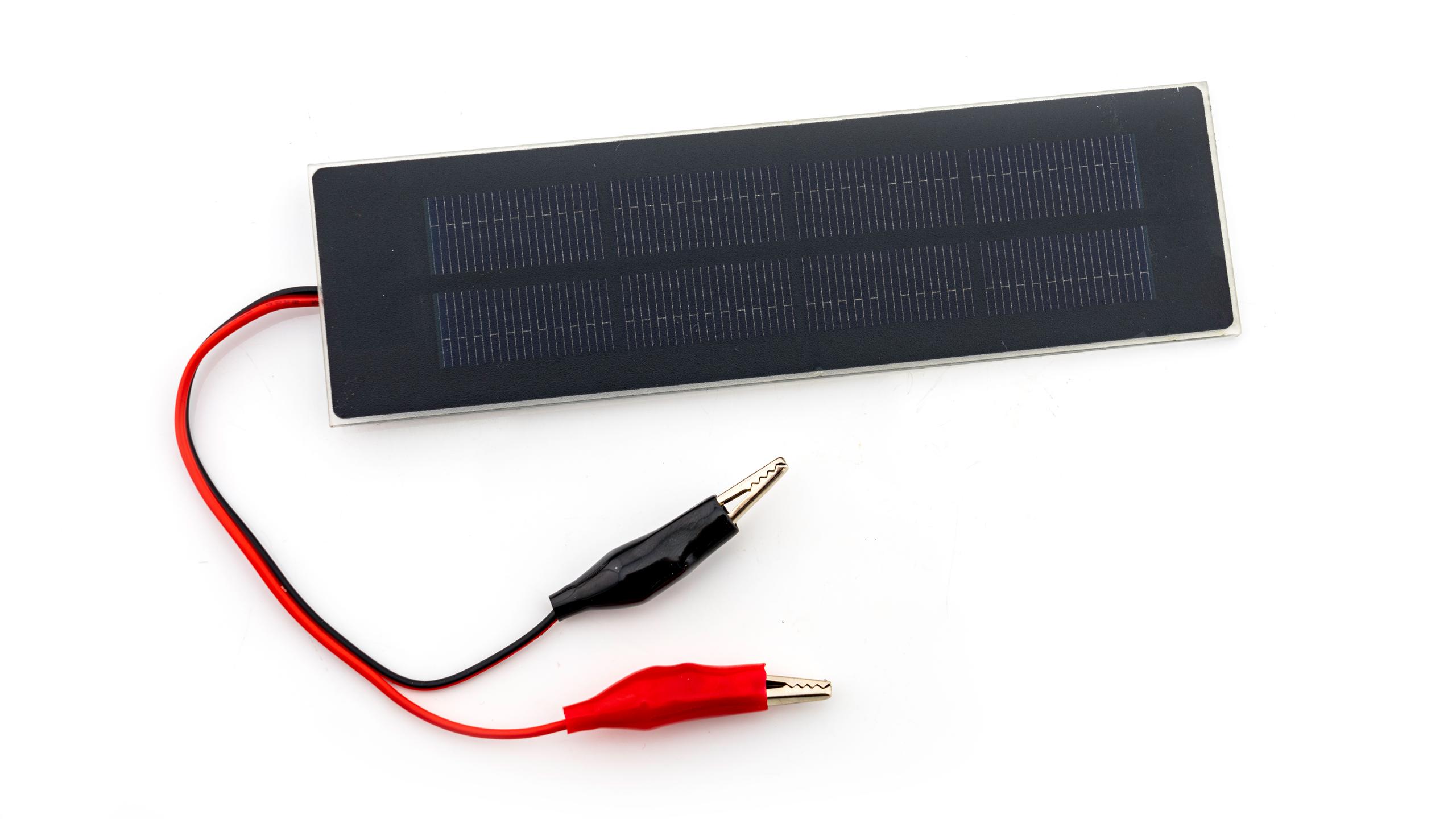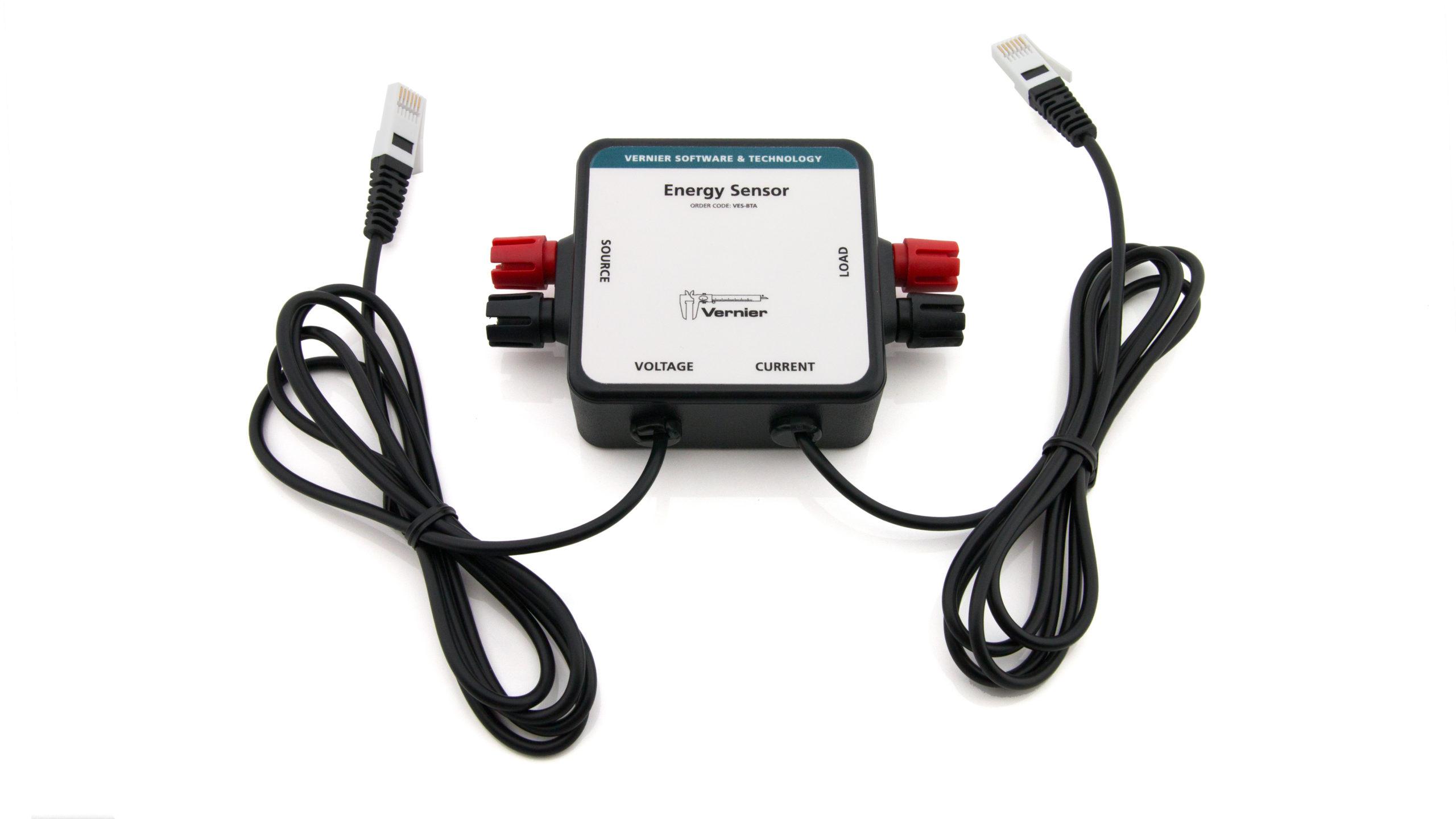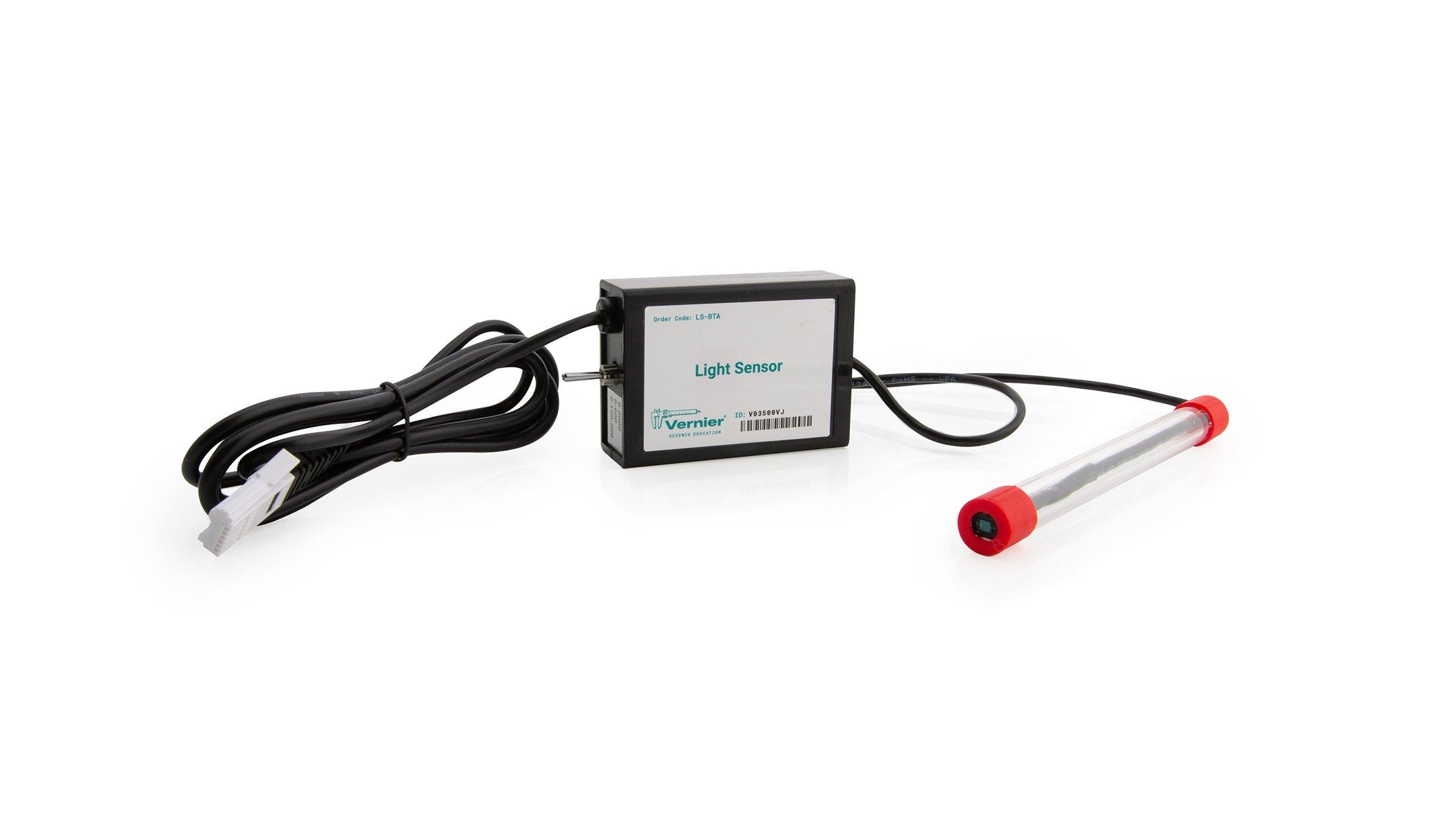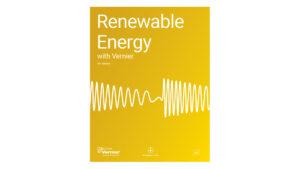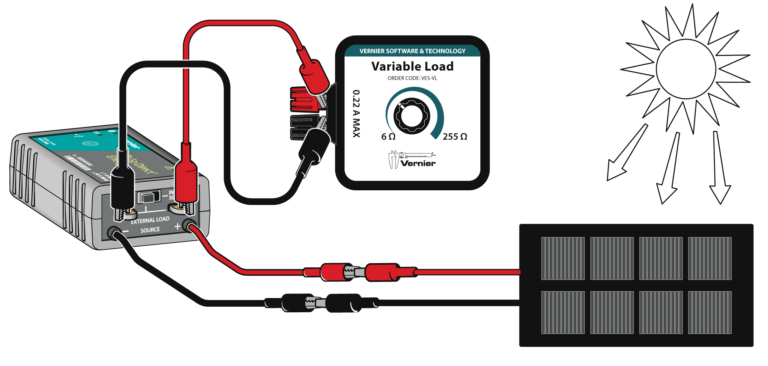
Introduction
Using solar panels to generate electricity from the sun is becoming increasingly common. Solar panels can be used at many scales to generate power. A single, small panel can be used to charge electronic devices such as your cell phone. Large numbers of panels can function together to generate electricity for an entire neighborhood.
The amount of electricity that can be generated by a solar panel is affected by many variables. In this experiment, you will explore how the amount of current and voltage produced by a solar panel is affected by the distance to a lamp. You will then test your equipment in direct sunlight and calculate the efficiency of the photovoltaic cell when converting the energy from the sun into electrical energy.
Objectives
- Understand how solar panels can be used to generate electricity.
- Predict variables that affect how much electricity is generated by a solar panel.
- Make observations and draw conclusions after testing your predictions.
- Calculate the efficiency of a solar panel.
Sensors and Equipment
This experiment features the following sensors and equipment. Additional equipment may be required.
Ready to Experiment?
Ask an Expert
Get answers to your questions about how to teach this experiment with our support team.
- Call toll-free: 888-837-6437
- Chat with Us
- Email support@vernier.com
Purchase the Lab Book
This experiment is #17 of Renewable Energy with Vernier. The experiment in the book includes student instructions as well as instructor information for set up, helpful hints, and sample graphs and data.

